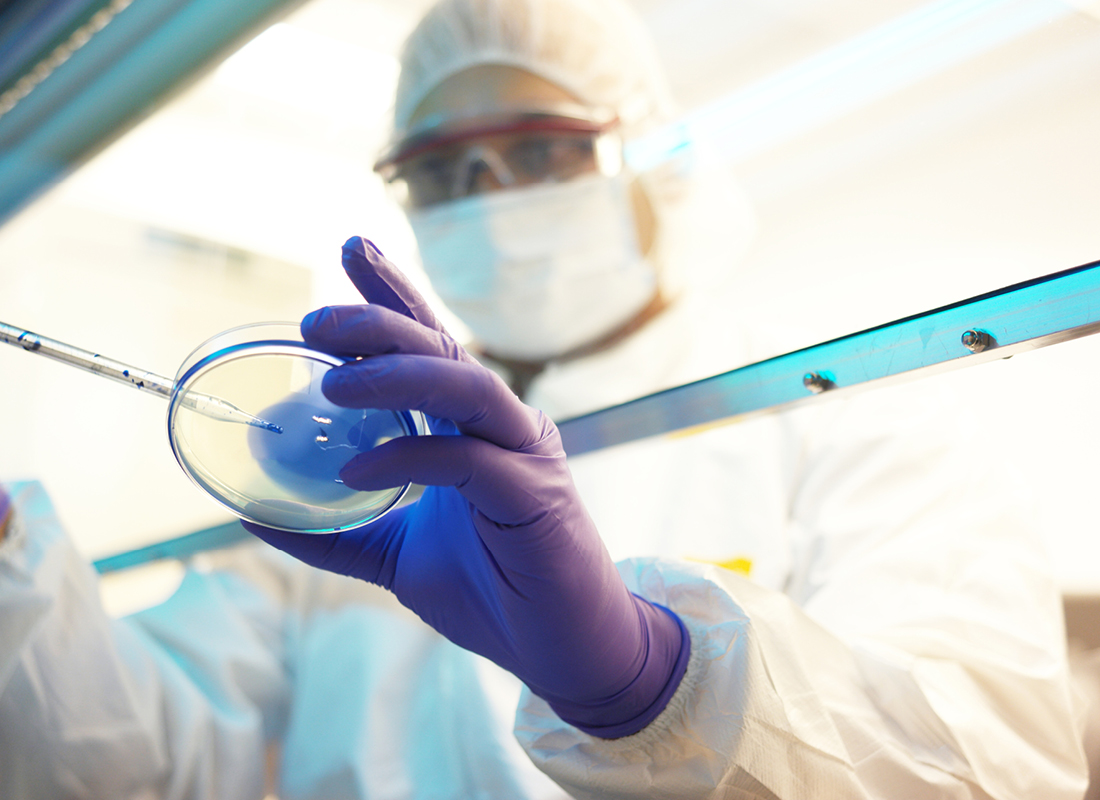Genetics Update: Internet Use Can Help Patients Self-Diagnose Rare Genetic Disorders
From - Diagnostic Testing & Emerging Technologies The notion of empowering patients to take control over their own health care is particularly powerful within the realm of… . . . read more

The notion of empowering patients to take control over their own health care is particularly powerful within the realm of genomic diagnostics to the extent that patients can theoretically seek their own tests without a physician’s order for an undiagnosed genetic disease or disorder they suspect they might have. Leaving aside the question of whether this is a positive or negative development, the theory rests on an essential but as yet unproven premise, namely, that patients will be able to find the information they need to determine which genetic diseases they may be at risk of having and where to go to get proper testing. One critical source of that information is the internet. But do or will patients actually use the internet to get information for genetic testing self-referrals? A new study published online in Genetics in Medicine on July 24, 2019, provides evidence that they actually do.
The Study
The study authors, including Anthony J. Bleyer, M.D., from the Wake Forest School of Medicine, set out to evaluate self-referral from the internet for patients seeking genetic diagnosis of several rare inherited kidney diseases in the period from 1996 to 2017 based on an analysis of data obtained from an academic referral center specializing in autosomal dominant tubulointerstitial kidney disease (ADTKD). Individuals were referred by academic health care providers (HCPs) nonacademic HCPs, or directly by patients and/or families.
The findings: Of the 665 referrals identified over the 21-year study period:
- 176 (27%) came directly from families;
- 269 (40%) came from academic HCPs; and
- 220 (33%) came from nonacademic HCPs.
The authors then looked at the results of each group and found that 42 (24%) of the direct family referrals had positive genetic testing versus 73 (27%) for families referred by academic HCPs, and 55 (25%) for families from nonacademic HCPs referrals (P = 0.72). Of the direct family contacts, 99% were white and resided in zip code locations with a mean median income of $77,316 ± 34,014 versus U.S. median income $49,445.
The authors looked at whether the families in each group had internet access and concluded that undiagnosed families with internet access bypassed their physicians and established direct contact with the academic center specializing in inherited kidney disease to obtain a diagnosis. Twenty-five percent of all families diagnosed with ADTKD were the result of direct family referral and would otherwise have been undiagnosed.
Takeaway: The study suggests that if patients suspect that they or a family member has a rare disorder that is undiagnosed by their physicians, actively pursuing self-diagnosis using the internet can be successful. “While online searches can frequently fail to provide relevant or correct health information, the Internet does offer those with rare disorders a way to find the rare specialists interested in a particular condition and obtain accurate information about it,” noted Bleyer in a statement. Last but not least, the study also suggests that laboratories and testing centers that perform tests for rare disorders should consider improving direct access to families.
Subscribe to Clinical Diagnostics Insider to view
Start a Free Trial for immediate access to this article